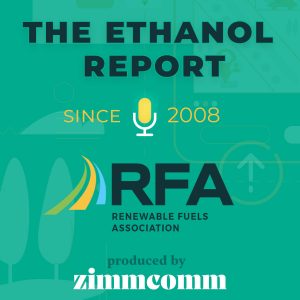 The Iowa Renewable Fuels Association is announcing a partnership with Iowa State University’s BioBus program, an on-campus, student-run organization that collects used cooking oil from Iowa State’s campus dining facilities and uses it to make biodiesel to be used in the school’s CyRide buses.
The Iowa Renewable Fuels Association is announcing a partnership with Iowa State University’s BioBus program, an on-campus, student-run organization that collects used cooking oil from Iowa State’s campus dining facilities and uses it to make biodiesel to be used in the school’s CyRide buses.
“We are excited to partner with a group of your scientists who recognize the power and potential of biodiesel,” said Iowa Renewable Fuels Association (IRFA) Marketing Director Lisa Coffelt. “BioBus provides students a platform where the next generation of scientists can learn not only about the science behind biodiesel but see its benefits play out in the real world.”
In addition to providing a donation to the program, IRFA intends to work alongside the group and help support their growth, enabling them to achieve their goals to expand production and student participation.
“We are thankful to IRFA for their support,” said John Cramsey, President of the BioBus club. “Our club looks forward to expanding our reach here on campus in terms of both biodiesel production and student awareness of the benefits of biodiesel.”










